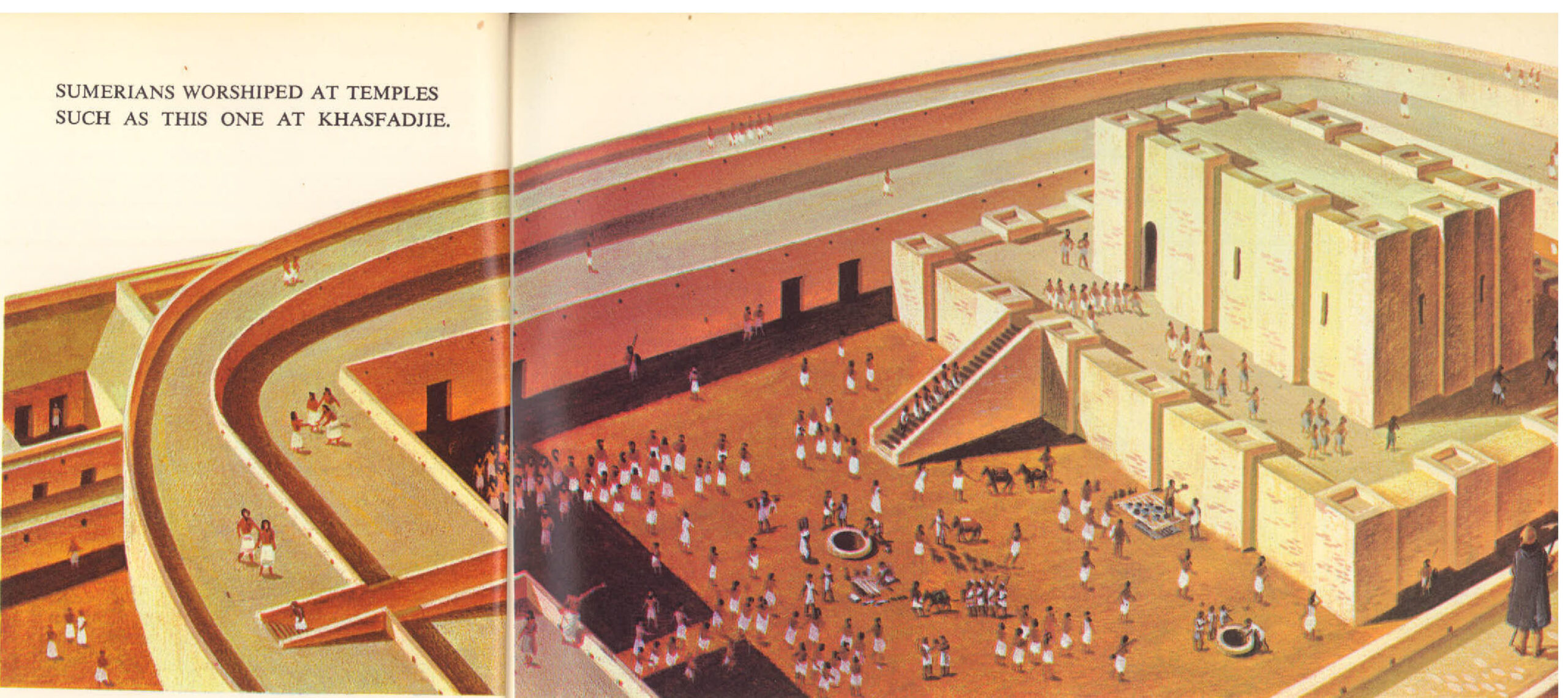IT WAS the Sunday before Passover. The soft greens of spring and patches of wild flowers brightened the hills above Jerusalem. The holy days of the Passover, celebrating the escape of the Jews from slavery in Egypt, would not begin until the following Friday at sundown. But people were already busy preparing for it. The roads leading into the Holy City were crowded with Jews coming to attend the rites in the Temple. On the roads were also herds of cattle, flocks of sheep and carts loaded with cages of turtledoves. These were being brought to the Temple to be …
Read More »Tag Archives: Babylonians
A New People, a New Faith 650 B. C. – 330 B. C
BABYLON, the final capital of Mesopotamia civilization, had fallen to warrior tribesmen from the east, the Medes and Persians. The Medes and Persians were descended from the Aryan peoples who for centuries had been moving out of the grasslands of central Asia with their horses and herds. Some of the Aryans settled in the valleys and slopes of the mountains surrounding the great arid plateau between the Persian Gulf and the Caspian Sea. From them the region took its name, Iran, or Land of the Aryans. The Aryans who lived in the mountains northeast of Mesopotamia were the Medes, familiar …
Read More »Mesopotamia, Where Civilization Began 4000 B.C. – 1750 B.C.
Mesopotamia is where civilization began. By 4000 B. C., many different groups of people were working out their lives in a variety of ways. In a great arc from the eastern coast of the Mediterranean, across the Turkish plains and through the highlands of Iraq and Iran, groups of peoples had settled and were farming, tending animals, making pottery and building towns, markets and forts. In the deserts, mountains and steppes, nomadic tribesmen lived by herding animals and by hunting and raiding. In Mesopotamia as these populations grew, they began to compete for land, food and supplies. One of the …
Read More »

